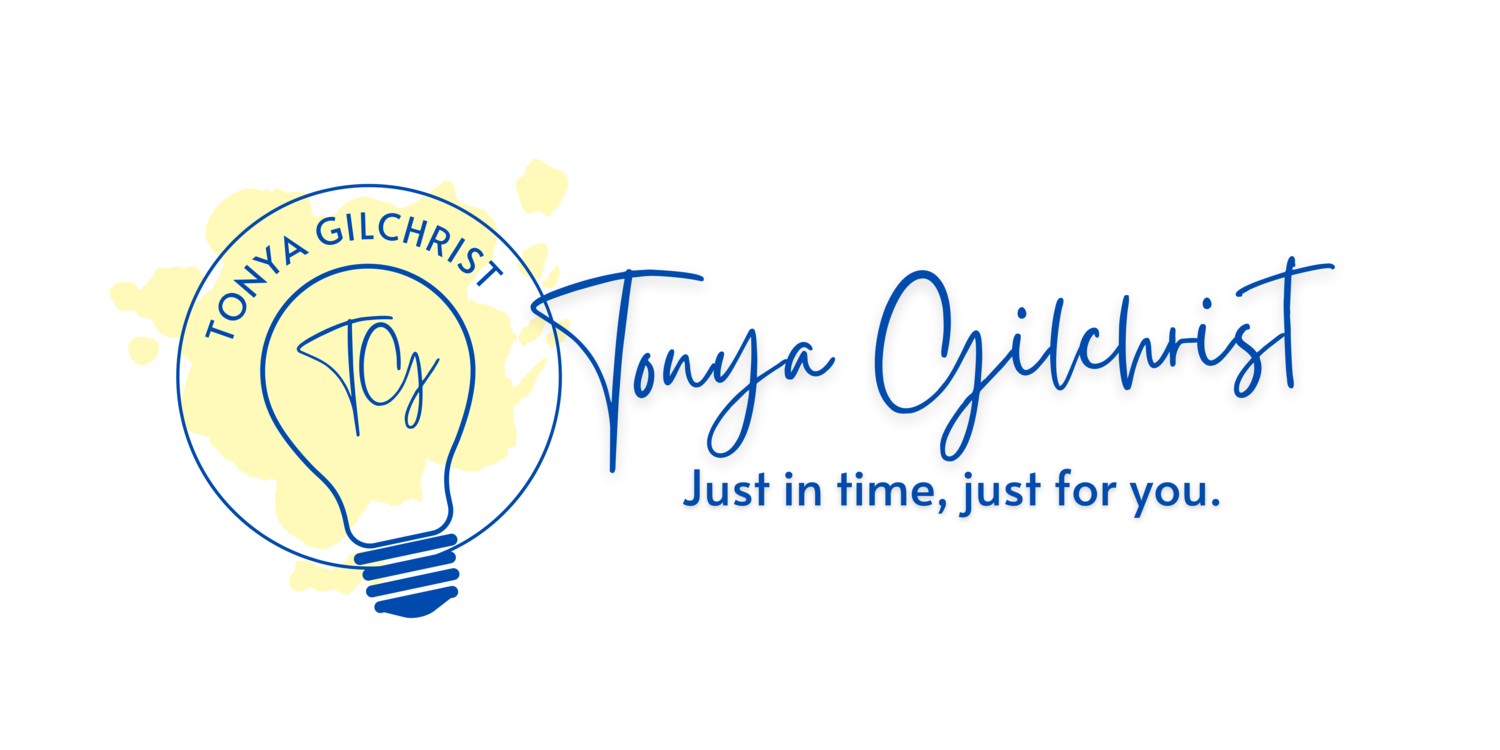Every Learner Has a Place
"This is what happens when everything we want kids to learn is fixed, finished, done. One kid explained this, talking about his science class. 'The trouble is, everything's all figured out. So there's no place for me. They figured everything out already so why should I? Where's my place?' On the other hand, if we recognize knowledge as being partial, tentative, a matter of human construction, then every learner has a place."
(Meek, 1991, p. 31)
Anne Meek published these words from an interview with Eleanor Duckworth in Educational Leadership in 1991. Even though my brain often feels like the 1990s were only ten years ago, it has actually been twenty-eight years since 1991.
Twenty-eight years.
That's almost three decades.
And yet.
The quote above is just as important today as it was then. In fact, with the bloom of standardized testing—and thus, standardized teaching—many of us might argue that it is even more important today. There is a reason agency is at the core of the enhanced PYP and inquiry-filled, student-driven learning is paramount.
I hope it is safe to say that as educators we all want students to develop deep, critical thinking skills for life. We want them to grow their own, unique ideas that support them in contributing to our world in positive ways. Thus, our dedication to supporting ownership is not just about increasing the motivation to learn (although it certainly can do that); it's also about increasing students' intellectual understandings. To quote another gem from Eleanor Duckworth:
"That's the absolute key to it—owning the ideas—but not only in the sense of the emotional side of it. It's not only that you feel good that you came up with this idea. It's also that you don't have the idea unless you've created it. All else is just words. You can say words, you can repeat the words without the idea behind it...
...Yes, you have to put the idea together yourself, or you don't have it all. Otherwise, it's just words."
(Meek, 1991, p. 30)
Rather than teaching students about argument writing, about multiplication, about laws of motion, or about the Cold War, how might you instead provide purposeful questions and inquiries for them to explore in order to develop the understandings for themselves? Of course, this does not mean that your teaching expertise is no longer needed. Quite the opposite, actually. Great teachers are essential. It's vital that you serve as a lead learner to support students as they grow.
What are you doing in your classroom to show students that knowledge is "partial, tentative, a matter of human construction"? How are you truly providing opportunities for students to be open-minded, creative thinkers? How are you ensuring that central ideas and statements of inquiry are not "just words"? In what ways are you empowering students as authors of their own learning? How are you creating a place for every learner?
Let's share our ideas in the comments. The more we collaborate, the more we grow. After all, knowledge must be partial and tentative for us, too.

